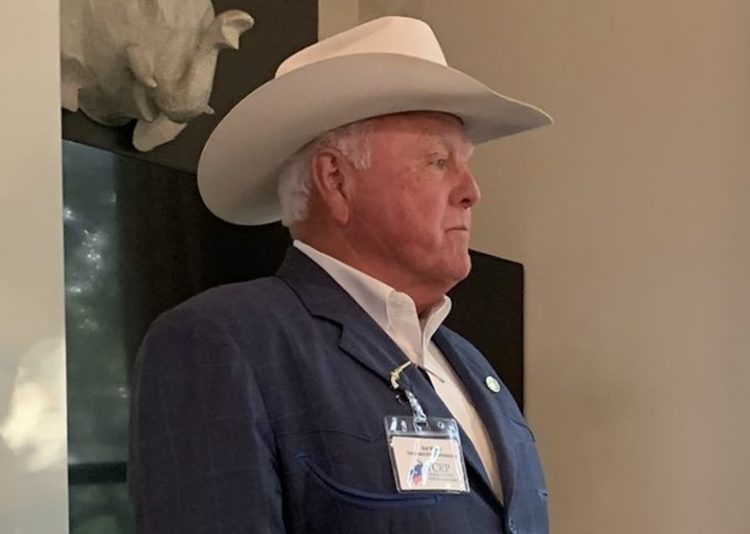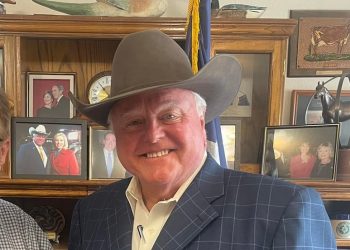Texas – Texas Commissioner of Agriculture Sid Miller praised the U.S. Department of Agriculture (USDA) for granting a year-long extension on the implementation of the Horse Protection Act final rule.
The new deadline for implementation is set for February 1, 2026, marking a significant victory for the equine industry and those advocating for fair regulations.
In his statement, Miller emphasized that the delay was a crucial step in fighting against federal overreach and regulations that could negatively impact the equine industry.
“This decision marks another significant victory for the equine industry and all who advocate for fair, reasonable regulations,” Miller said. The USDA’s delay, he explained, provides the opportunity to reassess the rule and ensure that any changes to the regulations are just, transparent, and do not unfairly penalize stakeholders within the industry.
The Horse Protection Act, originally designed to protect horses from mistreatment, has been a subject of controversy, with critics claiming that the Biden administration’s enforcement of the final rule lacked adequate consideration for industry stakeholders.
Miller, along with ten other agricultural leaders—including commissioners, directors, and secretaries from various State Departments of Agriculture—sent a joint letter urging the postponement and full withdrawal of the rule. Their support, Miller noted, was instrumental in achieving the critical delay.
The original implementation of the rule was met with concerns that it would unduly burden horse owners, trainers, and breeders, particularly those in the equine industry who felt that the USDA’s approach was too heavy-handed. “Protecting horses from mistreatment is essential,” Miller acknowledged, but he stressed that the government should not use regulations to punish hardworking individuals in the industry.
Miller expressed hope that the USDA, under the leadership of Secretary Brooke Rollins, would take this delay to reassess the rule’s impact and adopt a more balanced approach to enforcement. “I remain hopeful that the Trump administration will adopt a more balanced approach to the Horse Protection Act’s enforcement and interpretation—one that prioritizes fairness and respects those who dedicate their lives to caring for these magnificent animals,” he stated.
This delay provides stakeholders in the equine industry with the opportunity to better understand the rule’s implications and prepare for any future changes. It also ensures that the USDA can carefully review the impact of the rule on the industry and make necessary adjustments before its final implementation in 2026.
The decision was a significant step forward for those advocating for a more transparent and reasonable regulatory process. As the industry moves forward, Miller and his colleagues continue to work for policies that balance the protection of animals with the fair treatment of those dedicated to the care and training of horses.











